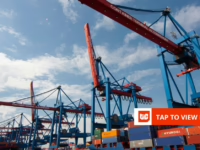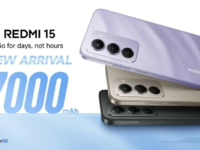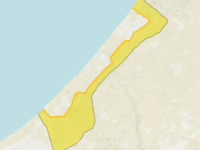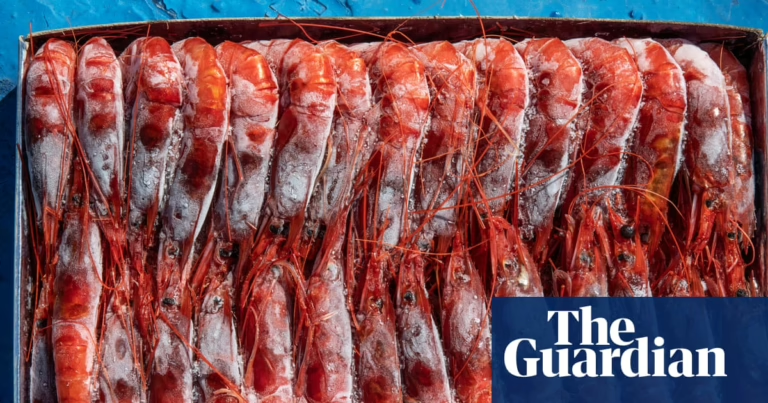On the outskirts of Jakarta, Indonesia, a sprawling industrial complex is currently facing a serious issue with radioactive contamination. Government investigators have detected the presence of the radioactive isotope Caesium-137 across 22 manufacturing sites within the area, which notably includes companies involved in exporting frozen seafood products.
This alarming finding has triggered urgent cleanup operations and the temporary relocation of residents living nearby. The contamination was initially flagged following a radiation scare in the United States linked back to shipments originating from these Jakarta-based facilities.
Among the companies responding to the crisis, global retail giant Walmart has initiated a recall of affected products from its stores.
The investigation began after the US Food and Drug Administration (FDA) identified traces of Caesium-137 in a batch of frozen breaded shrimp exported by Indonesian firm PT Bahari Makmur Sejati (BMS). Although the detected levels were significantly below the FDA’s action limit, the agency advised distributors and retailers to remove the product from sale and dispose of it properly.
The FDA emphasized that while the immediate risk to consumers was minimal, prolonged exposure to low doses of Caesium-137-such as through repeated consumption of contaminated food or water-could increase the likelihood of cancer due to DNA damage within living cells.
Subsequent radiation screenings uncovered contamination at 22 industrial plants within the zone. While the authorities have withheld the names of 21 of these facilities, they confirmed that all affected sites will undergo thorough decontamination led by Indonesia’s nuclear regulatory body.
Environment Minister Hanif Faisol assured the public that residents in the most heavily contaminated areas would be temporarily moved to safer locations until the cleanup is complete, underscoring that protecting community health remains the highest priority.
Health officials also conducted medical evaluations of workers and locals near the industrial estate, identifying nine individuals with positive exposure to Caesium-137. These individuals received hospital treatment and were subsequently cleared to return home.
The nuclear agency has designated the premises of PT Peter Metal Technology, a scrap metal processing plant, as a containment site for contaminated materials. This move is part of a broader effort to isolate and manage radioactive waste safely.
Indonesia, which does not operate nuclear power plants or possess nuclear weapons, suspects that the radioactive contamination was introduced through imported scrap metal. Taskforce spokesperson Bara Hasibuan confirmed that the government will impose immediate restrictions on scrap metal imports and is conducting inspections of vehicles passing through the area to prevent further spread of contamination.
Caesium-137 is a dangerous radioactive substance typically released into the environment from nuclear accidents or weapons testing, such as those seen in Fukushima or Chernobyl. While trace amounts naturally exist in soil, air, and food, elevated levels pose significant health risks.
Although the concentration found in the frozen shrimp was well below the FDA’s intervention threshold, the agency reiterated that long-term exposure to even small quantities of Caesium-137 is associated with an increased cancer risk.
The recalled shrimp products were distributed across Walmart stores in at least twelve US states, including Alabama, Arkansas, Florida, Georgia, Kentucky, Louisiana, Missouri, Mississippi, Ohio, Oklahoma, Pennsylvania, Texas, and West Virginia.






















